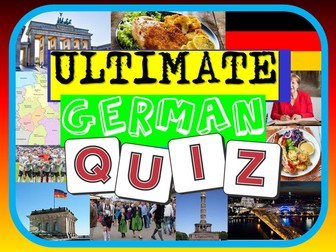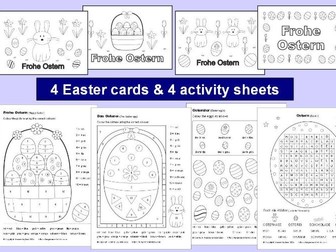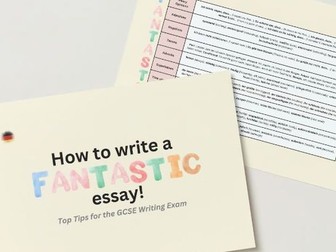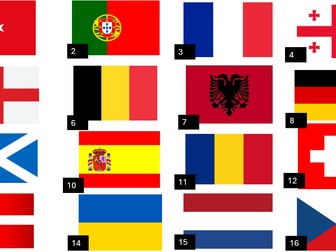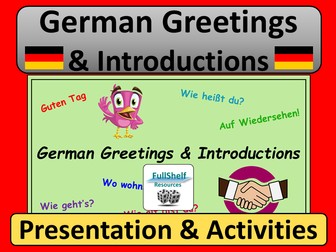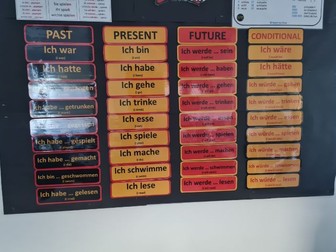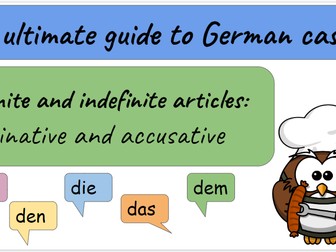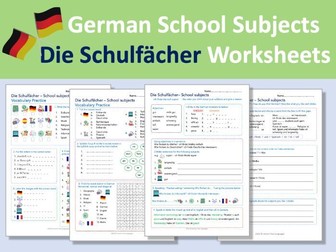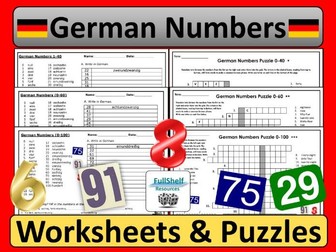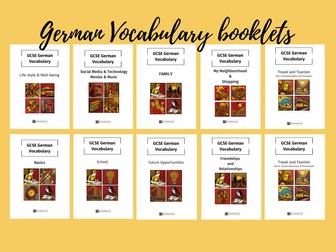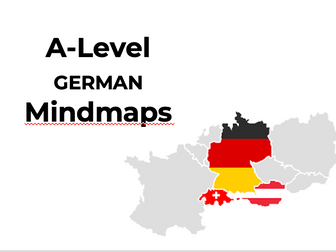German Quiz
<p>For Christmas / End of term or any time! The Ultimate KS3 German Quiz! For no fuss, germanophile fun. This quiz is a whirlwind tour through the curriculum, perfect for a bit of a start of term warm-up, or end of end term wind-down. The quiz is light-hearted and amusing, multiple choice, interactive and focused on all areas of the KS3 curriculum.</p>
<p><strong>The rounds include:</strong><br />
Getting verbal - Common verbs<br />
Listen Up! - Listening round with links to short, German listening video clips<br />
Home sweet home - Around meine haus<br />
Where’s kitty? - Prepositions round<br />
Loud and clear! - Comprehension listening round (again with clips)<br />
Lucky Dip - A round with a mix of fun and challenging questions about Germanic life and culture</p>
<p>The preview images show a few examples from each round.</p>
<p>Please note, the quiz is large so it’s in the ZIP file. The images are just a small preview of what’s inside :)</p>
<p>All answers are included, there is a score sheet (last page of PowerPoint), and the quiz lasts up to 45 mins. It can either be played having the answers revealed as you go along, or the board can be paused and the answers read out at the end (you can play either in teams or individually).</p>
<p><strong>Who are EC Resources?</strong><br />
EC Resources are a group of teachers who work together to create easy to use, high quality and editable lessons and units of work. We have created lessons for The Bank of England, The Children’s Commissioner, MACS Charity, The British Legion, Tes, LikeToBe Careers, the Criminal Cases Review Commission (UK Gov) and have also completed PSHE and Citizenship commissions for schools across the UK.</p>
